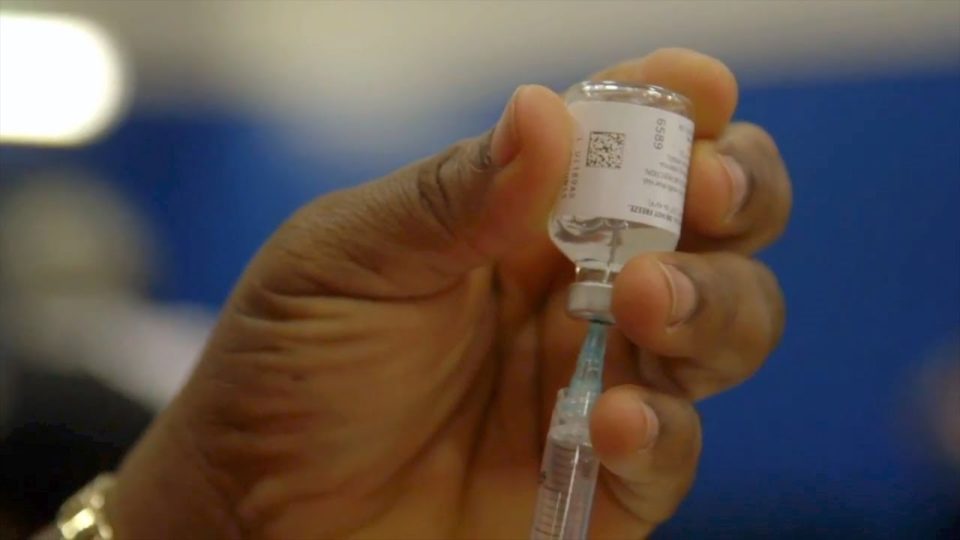County mental health and San Diego law enforcement officials are joining forces to send illicit drug users who are homeless to treatment rather than jail.
San Diego Police Chief David Nisleit, San Diego City Attorney Mara Elliott and Luke Bergmann, director of Behavioral Health Services for the County Health and Human Services Agency, today officially launched the Prosecution and Law Enforcement Assisted Diversion Services or PLEADS Program.
It’s a diversion pilot program in the City of San Diego that will offer drug-addicted people who are detained the option of going to treatment instead of possibly landing behind bars.
“Instead of perpetually prosecuting individuals who are addicted to drugs, we wanted to help them get to the root of the problem,” said City Attorney Elliott. “PLEADS gives people a chance to escape the revolving door of the criminal justice system, begin their recovery from addiction, and build a better life for themselves.”
PLEADS, which started providing services last week, will cost about $300,000 annually with the City and the County splitting the total. Nine referrals have been made and six people have agreed to go into treatment.
The program will fund counseling and case management services and other costs at a detoxification center on India St. in downtown San Diego operated by McAlister Institute, a County contractor.
At McAlister Institute’s sobering center, clients will be assessed to determine if they’re eligible for the program. However, people must be willing to go into rehab and not be enrolled in other treatment programs, and not be on probation or parole.
“When community-based organizations, prosecutors, law enforcement, and social services agencies come together to create a diversion program, there is a clear benefit for the community,” said Police Chief Nisleit. “PLEADS is one such program that will allow individuals to seek help while not impacting the already strained criminal justice system.”
If they decline the program’s services, they will be free to go but could face criminal consequences and possible jail time if they are repeat offenders. Detained people can be offered the program’s services up to three times in three months.
“Getting people the care they need immediately will help us to keep people from cycling through both the criminal justice and health care systems,” said Bergmann. “The program will improve people’s chances at recovery from addiction and keep them safe while they are struggling with substance use disorder. We appreciate the opportunity to partner with the City Attorney and the San Diego Police Department on this program.”
Currently, McAlister Institute’s sobering center has a capacity to serve up to 100 people each night and can fill up during some holidays and occasional weekends.
Bergmann said the PLEADS Program will be taking drug-addicted clients slowly and that treatment will be offered on a case-by-case basis.
Over the past few years, the County has made significant investments in outreach, treatment, and housing services to people who are homeless or are at risk of homelessness.
County efforts including the $50 million Innovative Housing Trust Fund, identifying excess properties to build affordable housing, Whole Person Wellness, Project One for All and the Stepping Up Initiative.
People experiencing a mental health challenge can access services by calling the County’s 24-hour, multilingual Access and Crisis Line at (888) 724-7240. Resources are also available at the County’s It’s Up to Us website.






